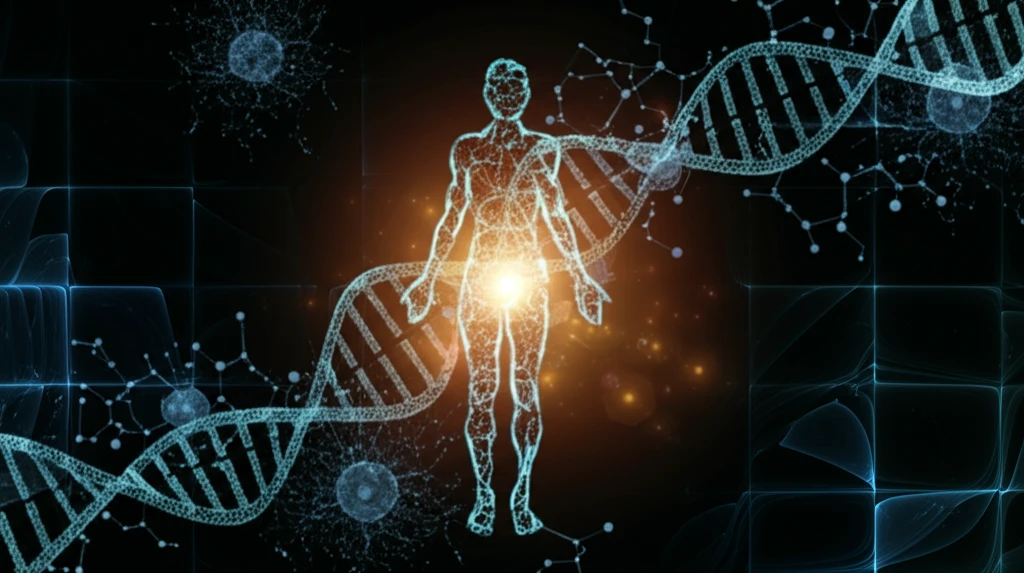
Unlocking Hope: New Insights in Leukemia, Lymphoma, and Rare Disease Treatments
"Stay informed about the latest advancements in treating leukemia, lymphoma, and rare conditions like Morbus Gaucher, offering new hope and improved outcomes for patients."
In the ever-evolving landscape of medical science, breakthroughs in the treatment of complex conditions such as leukemia, lymphoma, and rare genetic disorders offer renewed hope for patients and their families. Recent studies and clinical advancements are paving the way for more effective, personalized therapies, transforming the standard of care and improving patient outcomes.
This article delves into the latest developments in the treatment of acute lymphoblastic leukemia (ALL), explores new approaches to managing follicular lymphoma, and sheds light on innovative therapies for rare diseases like Morbus Gaucher. By understanding these advancements, patients and healthcare providers can make informed decisions and navigate the complex world of modern medicine with greater confidence.
From novel therapeutic strategies in leukemia to targeted treatments for lymphoma and enzyme replacement therapies for rare genetic disorders, we will explore the cutting-edge research and clinical trials that are shaping the future of healthcare. Join us as we uncover the potential of these new insights to revolutionize patient care and unlock new possibilities for those affected by these challenging conditions.
Advancements in Acute Lymphoblastic Leukemia (ALL) Treatment

Acute Lymphoblastic Leukemia (ALL) presents a complex challenge, as there is no universal standard therapy. The German Multicenter Study Group for Adult Acute Lymphoblastic Leukemia (GMALL) is at the forefront, initiating studies and registers to explore and implement new therapeutic options. Many of these innovative approaches draw inspiration from pediatric treatment strategies, adapting them for adult patients with ALL. One such strategy, tailored to individual risk profiles and molecular residual status (MRD), is implemented in the GMALL 07/03 study. Patients aged 15 to 55 receive intensified therapy with pegaspargase (Oncaspar®), leading to reduced relapse rates and improved overall survival, according to Nicola Gökbuget from Frankfurt, based on results from the GMALL 07/03 registry.
- Personalized treatment strategies improve outcomes.
- Risk factors for liver toxicity include age and obesity.
- Early detection of toxicity is crucial.
- Pegylated asparaginase offers better tolerance.
New Hope for Morbus Gaucher Patients
Morbus Gaucher, a rare lysosomal storage disorder, often goes undiagnosed until adulthood. However, the availability of oral therapies like Eliglustat offers new hope for patients. A study revealed that a significant percentage of hematologists and oncologists do not consider Morbus Gaucher when evaluating patients with splenomegaly. With advancements in enzyme replacement and substrate reduction therapies, early and accurate diagnosis is more critical than ever. Ursula Plöckinger emphasized the importance of CYP2D6 genotyping to determine the correct dosage of Eliglustat, ensuring optimal treatment outcomes and improved quality of life for those affected by this rare condition.
